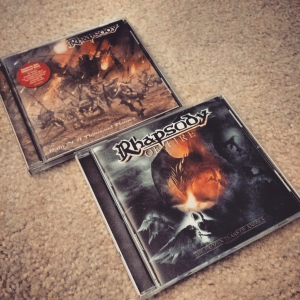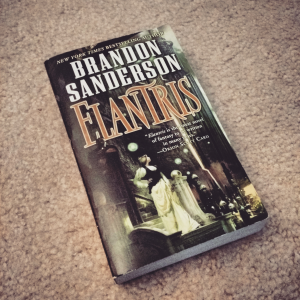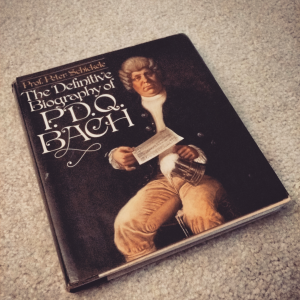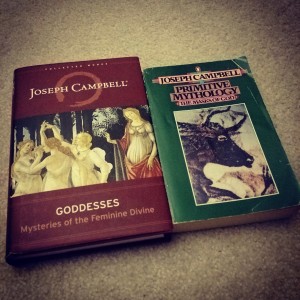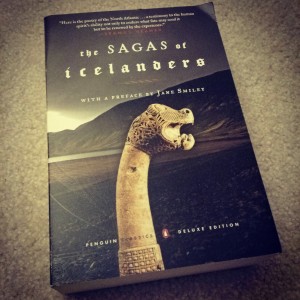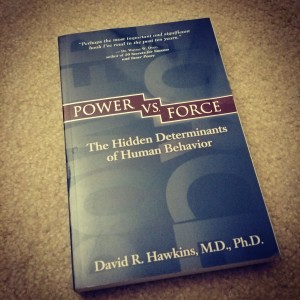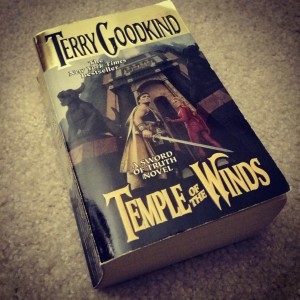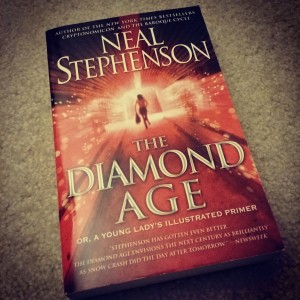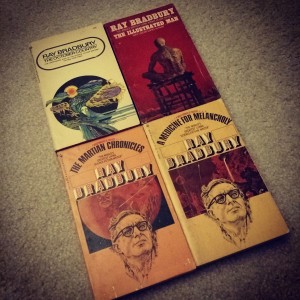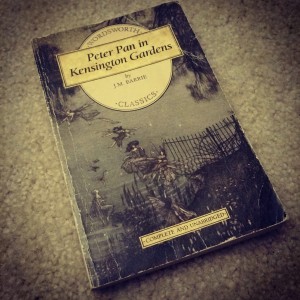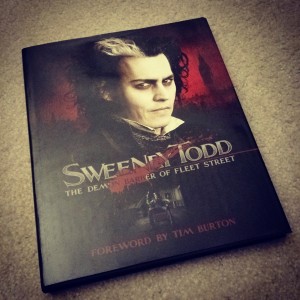The new year has arrived! I don’t think I’ll do a “Year’s Best” post for 2020. I did not see enough movies nor read enough books, and the ones I did really weren’t that great. Maybe 2021 will be a better year for new movies, but I’m not sure there’s much of interest on the horizon. I just hope some 3D movies will return to the big screen before the year’s end; the pandemic seems to have annihilated them completely.
I only read 5 books in 2020. To be more precise, I only completed 5 books. (I read a lot of miscellaneous chapters from various nonfiction books, but I’m not counting those.) These books include:
- Late Bloomers: The Power of Patience in a World Obsessed with Early Achievement by Rich Karlgaard. A forgettable book in my opinion. “Some people achieve their greatest potential later in life.” That’s it. That’s the book.
- A Borrowed Man by Gene Wolfe. A fun little sci-fi / fantasy mystery, my favorite read of the year (not that there’s much competition.) I believe a sequel has recently been published posthumously which I’d like to get my hands on at some point.
- Farlander by Col Buchanan. An aging assassin takes on an unlikely apprentice while pursuing a dangerous vendetta. The writing is nice and the story has some interesting surprises. Fun read.
- Dune by Frank Herbert. Basically it’s The Lion King, but on a sandy planet with prophecies, mystical powers, powerful spice, giant worms, and weird names. And it’s dull, dull, unbearably dull. I hated it.
- Majipoor Chronicles by Robert Silverberg. A collection of short stories all taking place on the same weird planet. Some stories feature some interesting ideas, but most of them fluff out with stupid overly-convenient or uneventful endings. I think Silverberg does horror or dark fantasy the best; when he tries to have things end more nicely for the characters it just feels less satisfying to me for some reason.
Those are all the books I actually finished in 2020; in August I began reading Tolstoy’s War and Peace, and I’m still only about half-way through it. It’s a long book, and these characters are growing a bit dull on me, so I haven’t been reading it daily. (I suppose technically it’s a book series, as it was originally published serially.) Hopefully it will not take me another five months to finish the second half.
Here’s my current (non-exhaustive) to-read list for 2021, at least fiction-wise:



- War and Peace by Leo Tolstoy. Finishing the 2nd half.
- Stands a Shadow by Col Buchanan. This is the sequel to the aforementioned Farlander. I’m actually already about 80 pages into it as I didn’t want to lug around War and Peace one day.
- Fall; or, Dodge in Hell by Neal Stephenson. One of my favorite authors, and I really enjoyed Reamde, so I’m looking forward to this one as well. A long book, but his prose generally flows pretty nicely.
- Oathbringer by Brandon Sanderson. This is the 3rd book in his Stormlight Chronicles series. The 4th book just came out in 2020, so I’m behind. I really enjoyed the 1st book, but the 2nd book was a bit “meh” for me.
- The Brothers Karamazov by Fyodor Dostoyevsky. Been wanting to read Mr. D for a while.
- The Talisman by Stephen King and Peter Straub.
- The Drawing of Three and The Waste Lands by Stephen King. Books 2 and 3 of his Dark Tower series.
- The Vindication of Man by John C. Wright. The 5th book in his Count to the Eschaton Sequence. Another of my favorite authors. I’ve really enjoyed this series so far; it’s at times very thought-provoking, at times complete bonkers crazy, and sometimes both. Super fun sci-fi.
- The Kingdom of the Gods by In-Wan Youn. This is the graphic novel which inspired the recent Netflix series Kingdom, of which I enjoyed a couple episodes, although I think the book and show are quite different plot-wise. Looks like fun though.
Some of those books are a bit long, and I’m a slow reader, so there’s no telling if I can actually finish all those in a single year. And there’s of course plenty more I’d love to read, so I might change my mind about some of those in favor of others. That’s also not counting any non-fiction books, of which I have bookmarks in at least a dozen. We’ll see how it goes.
Happy New Year to all!


